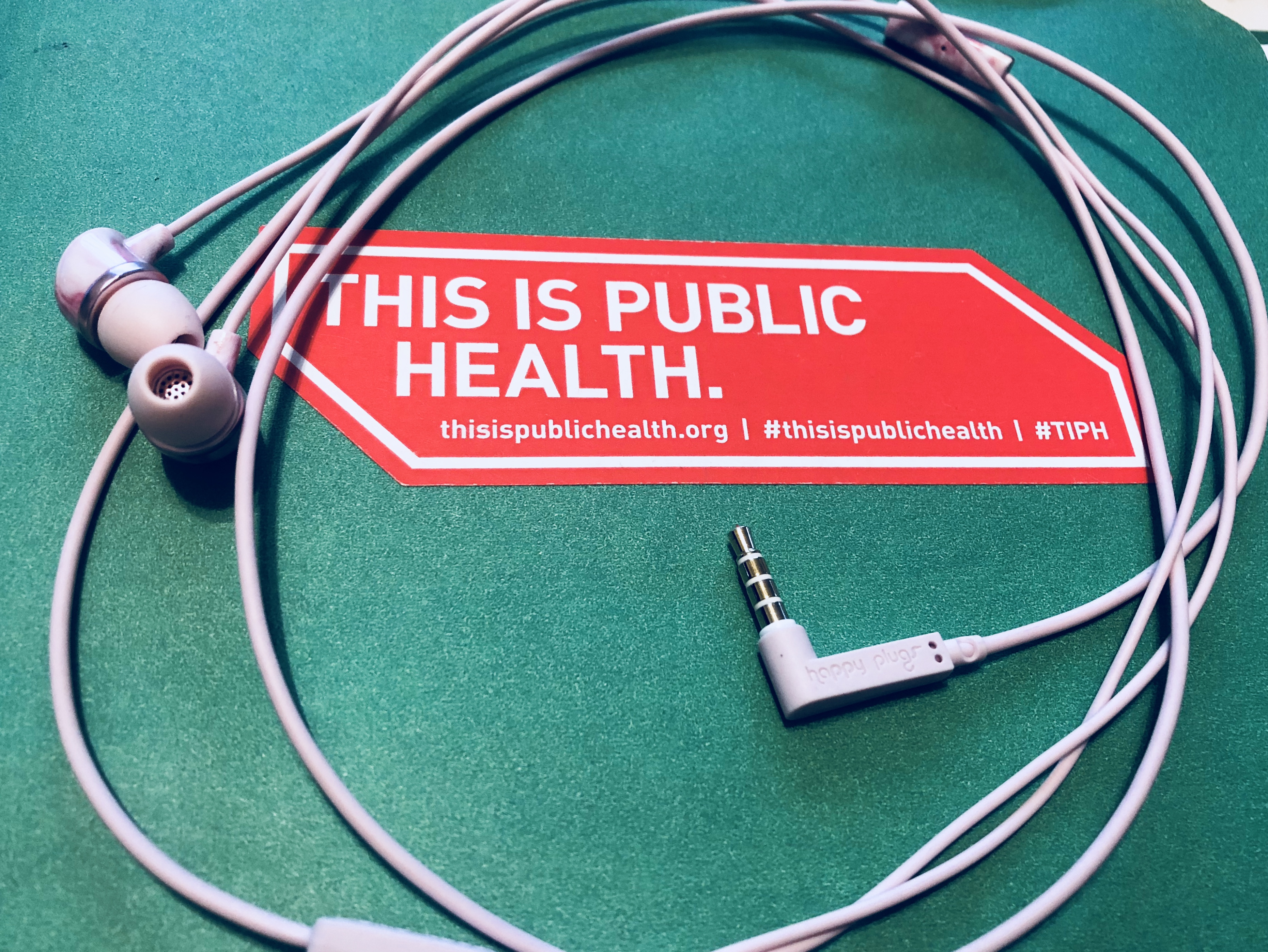It’s hard to believe that the summer is coming to a close and that we’ll be back in the swing of things in a week or so! I am so grateful to the Newcomb Reproductive Rights and Reproductive Health Intern program for the opportunity to work alongside Dr. Alyssa Lederer at the Tulane University School of Public Health and Tropical Medicine (SPHTM). Through this program, I have learned so much about how public health research is conducted and have developed many professional skills along the way.
My main project for the summer was to begin the qualitative analysis of a program implemented by Dr. Patricia Kissinger’s research team entitled Check It. The Check It program provides African American males aged 15-24 free STI (chlamydia and gonorrhea) testing and treatment throughout New Orleans. Researchers recruit young men from university campuses and barber shops and screen them for STIs right at the location of recruitment. After I completed one of my first tasks with Dr. Lederer, a literature review, I began to truly understand the broad impact this program could have on both the New Orleans community and the broader public health community, as it is one of the only STI testing and treatment programs that focuses specifically on recruiting men that have sex with women. At our bi-weekly intern meetings, we made sure to discuss the intersectionality of reproductive rights and reproductive health initiatives, so I truly enjoyed working on a project that impacts the health of a whole community yet focuses on men, who do not typically receive the research and resource attention that women do regarding STIs. In addition to the literature review, I began the process of transcribing interviews of the Check It team and men that participated in the program. Though this is sometimes a tedious task, it introduced me to the world of qualitative analysis, as Dr. Lederer and I will eventually analyze each transcription line-by-line to provide a research-based analysis of the program’s effectiveness in order to improve it to the best it can be, with the goal of broadly understanding the barriers that these men face when pursuing STI testing and treatment.

In addition to the qualitative analysis research skills I have learned through my work with the Check It project, my summer with NCI and SPHTM has led to the development of many other professional skills that I will take with me through any career pursuit. I have learned the ins and outs of grant-funded research, and the hectic timelines that it sometimes produces. Since my internship was primarily remote, I have improved upon my time management skills (and my emailing skills!). One of my favorite elements of the internship was our Journal Club, where the interns that focused on reproductive rights and health research and their respective supervisors met monthly to discuss a journal article focusing on some issue within the field. In discussing research with prolific researchers like Dr. Lederer, Dr. Johnson, and Dr. Daniel, my understanding of academic writing improved, as did my public speaking and discussion skills when it was my turn to pick the piece!
This internship has allotted me the opportunity to network with incredible people with which I share the same passions. It has given me the opportunity to write in a way I haven’t written before, such as my Spotlight piece in August’s ReproNews newsletter. It has introduced me to passionate, intelligent women at Tulane whom I hope to continue getting to know. I am so grateful for the opportunity and look forward to continuing my work in the fall.
